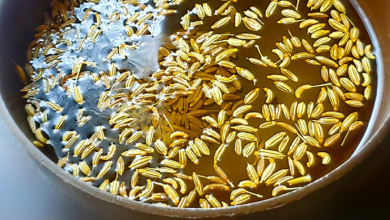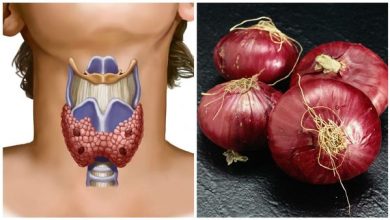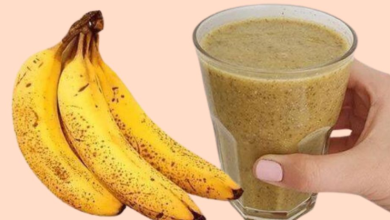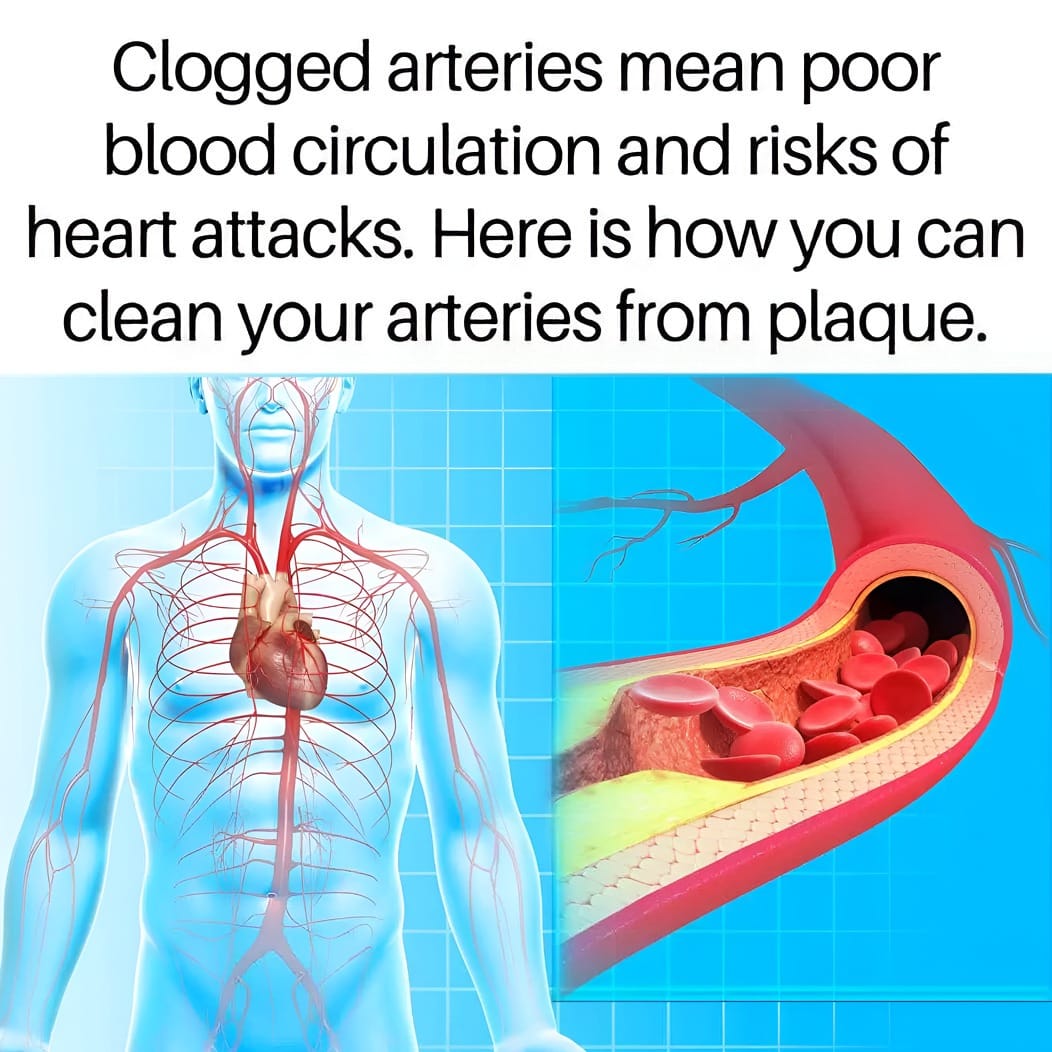
Your arteries are blood vessels responsible for the transportation of oxygen-rich blood from the heart to the rest of the body. A normal artery will be strong, flexible, and elastic.
On the other hand, progressive clogging of the arteries is a serious condition called atherosclerosis. It is the major cause of cardiovascular disease, which includes peripheral vascular disease, strokes, and heart attacks.
In the U.S., cardiovascular disease is considered the leading cause of death, claiming approximately 600,000 lives every year. It is also known as a silent killer since the condition does not cause any symptoms. That is until the problem becomes more severe.
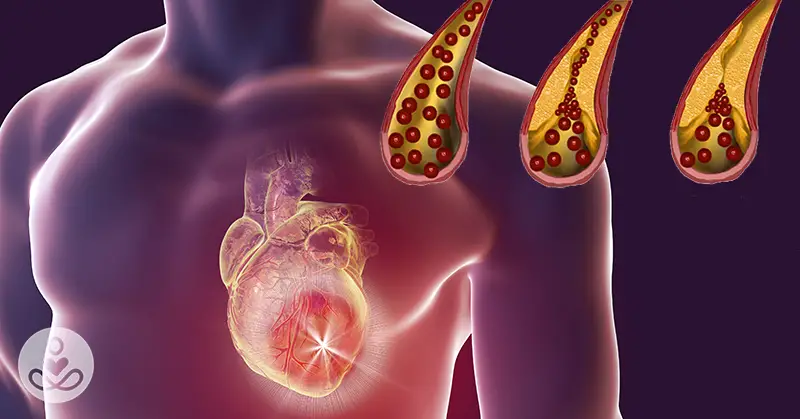
Symptoms of Blocked Arteries
The symptoms of clogged arteries likely depend on the type of arteries being affected.
• Carotid arteries: When you have clogged arteries in your brain, it is a condition called carotid artery disease. Plaque will block or narrow the carotid arteries, and signs of a stroke may be present. Symptoms include breathing problems, sudden weakness, confusion, severe headaches, loss of consciousness, blurry vision, trouble with speech, paralysis, trouble walking,dizziness, unexplained falls, and loss of coordination or balance.
• Coronary arteries: When the arteries in the heart are clogged, it is called coronary heart disease, or CHD. In this case, plaque will block or narrow the coronary arteries when the heart muscle fails to get enough blood.
As a result, chest pain, known as angina will occur. It feels like pressure is squeezing your chest, but you may also feel it in your jaw, neck, arms, shoulders, or back. Angina also sometimes feels like indigestion. Emotional stress will also often trigger angina. Other CHD symptoms include heartbeat problems and shortness of breath.
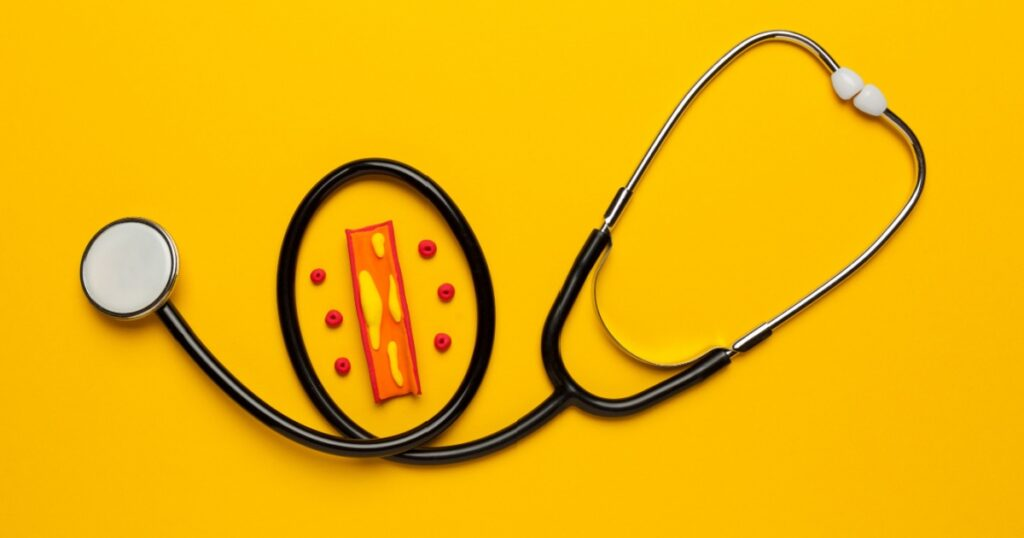
• Renal arteries: Chronic kidney disease will develop from clogged renal arteries in the kidneys. Over time, chronic kidney disease can slowly impair kidney function. There are no symptoms early in kidney disease; however, as the condition worsens, it can lead to loss of appetite, nausea, tiredness, concentration problems, numbness or itchiness, and swelling in the feet or hands. Other symptoms include kidney failure and high blood pressure.
• Peripheral arteries: Peripheral arterial disease will result from plaque buildup in the arms, legs, and pelvis. These arteries are known as peripheral arteries, and if they are blocked or narrowed, you may experience pain or numbness. On occasion, there are also dangerous infections.
What Causes Artery Blockage?
Atherosclerosis is often referred to as the hardening, thickening, and narrowing of the arteries. A thin layer of endothelial cells that help keep the inside of your arteries smooth and toned lines your arteries. This process allows your blood to keep flowing. However, several factors will damage the endothelial cells, including platelet cells, increased homocysteine levels, and free radicals from toxins and antioxidant deficiency.

Also, vitamin C deficiency and homocysteine will damage the arteries from the degradation of a gel-like substance called the ground substance. It is found between the cells and helps maintain the integrity of the epithelial cell barrier.
The plaque will accumulate when various substances are unable to migrate out of the atherosclerotic lesion. These substances include fat, calcium, toxic metals, cellular waste, and cholesterol such as LDL (low-density lipoprotein) cholesterol. A material involved in blood clotting called fibrin is also accumulated when arteries are clogged.
While the exact cause of clogged arteries is a mystery, evidence shows that atherosclerosis is a complex and slow condition that may begin in childhood and develop as you get older. Certain factors may damage your arteries’ inner layers, including smoking, high blood pressure, type 1 diabetes, type 2 diabetes, and insulin resistance.
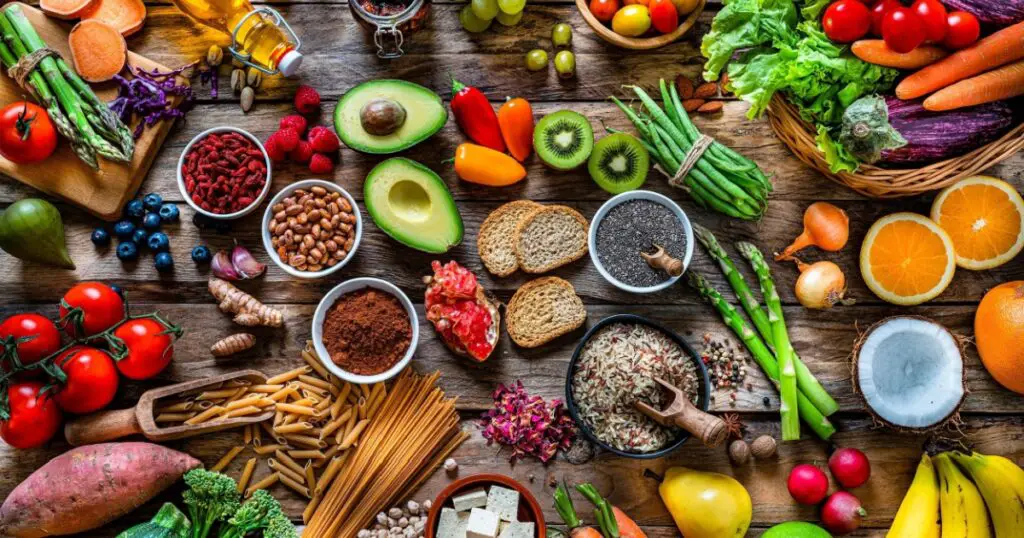
Other contributing factors of atherosclerosis include lack of exercise, being overweight, a type-A personality, heavy metal exposure, elevated triglycerides, and chronic inflammation from diseases, infections, lupus, or arthritis. High cholesterol and fats in the blood are also possible causes of atherosclerosis. On rare occasions, genetics may also play a factor with elevated production of cholesterol associated with atherosclerosis.
Atherosclerosis can also be caused by oxidative stress through the depletion of vitamin C or other antioxidants. Nutrient deficiencies or imbalances may also lead to atherosclerosis. They may include magnesium, potassium, fiber, antioxidants, and methyl donors. Dietary factors also include a diet high in sugar, processed starches, and damaged fats from overheating oils.
10 Natural Foods to Help Prevent Clogged Arteries
Your doctor may prescribe cholesterol-lowering drugs like statins drugs, or beta-blockers that lower blood pressure. These will help slow the progression of plaque buildup (not without their serious side effects). However, there are also plenty of well-researched foods that can prevent clogged arteries naturally instead:
1. Curcumin (in Turmeric)
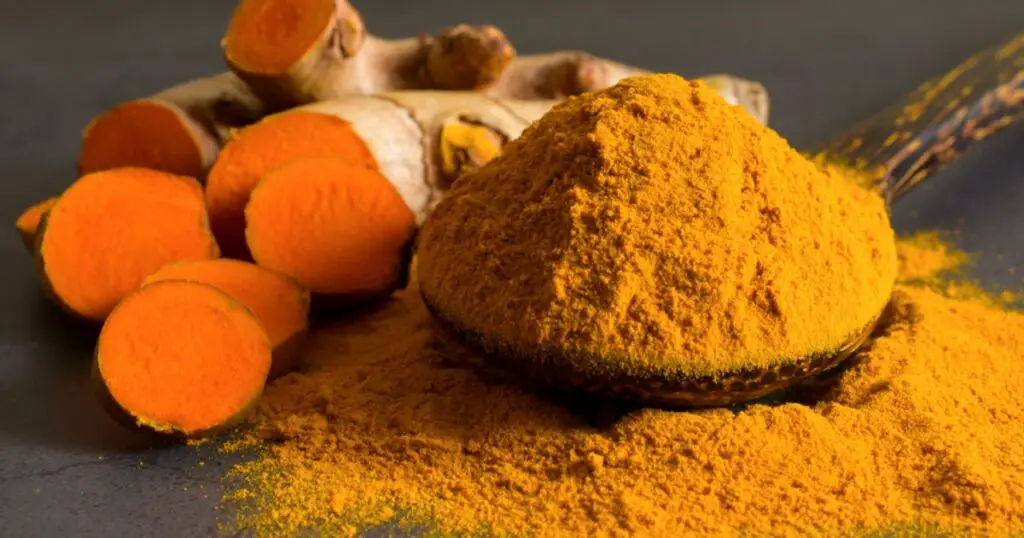
Turmeric is a popular spice used in Indian and Ayurvedic cooking, but its true benefit comes from one active ingredient. The primary polyphenol in turmeric called curcumin has long been known for its cardioprotective effects. Turmeric extract is thought to reduce LDL cholesterol and the buildup of plaque in the arteries.
In a 2011 study published in the journal Molecular Nutrition & Food Research, researchers found that turmeric could reduce cholesterol and suppress early atherosclerotic lesions better than the cholesterol-lowering drug lovastatin.[8] Also, a 2006 study on mice suggested that curcumin can help prevent artery damage associated with carotid artery blockage.
2. Garlic
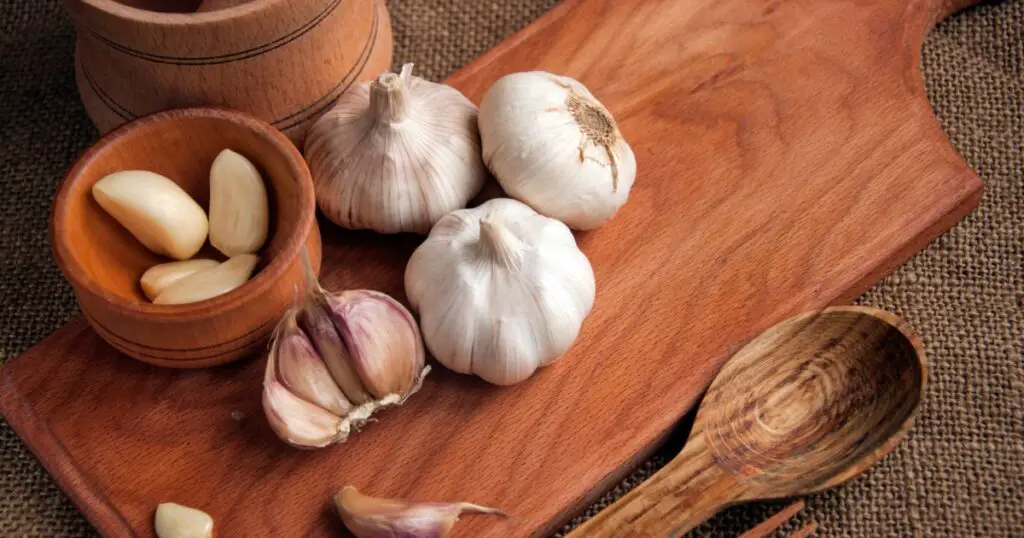
Garlic is also considered one of the better foods that support your arteries. Studies have found that garlic can help prevent heart disease, lower blood pressure, and slow down atherosclerosis. In a study published in the journal Atherosclerosis in 1999, researchers found that garlic could prevent plaque buildup in the arteries.
A review published in the journal Nutrition in 1997 found that clinical trials on garlic had positive effects in the prevention and treatment of atherosclerosis. Another study from 1999 also found that garlic can reduce the risk of stroke and heart attack by more than 50%. Garlic is thought to help against strokes and heart attacks since garlic acts as a blood thinner.
3. Ginger
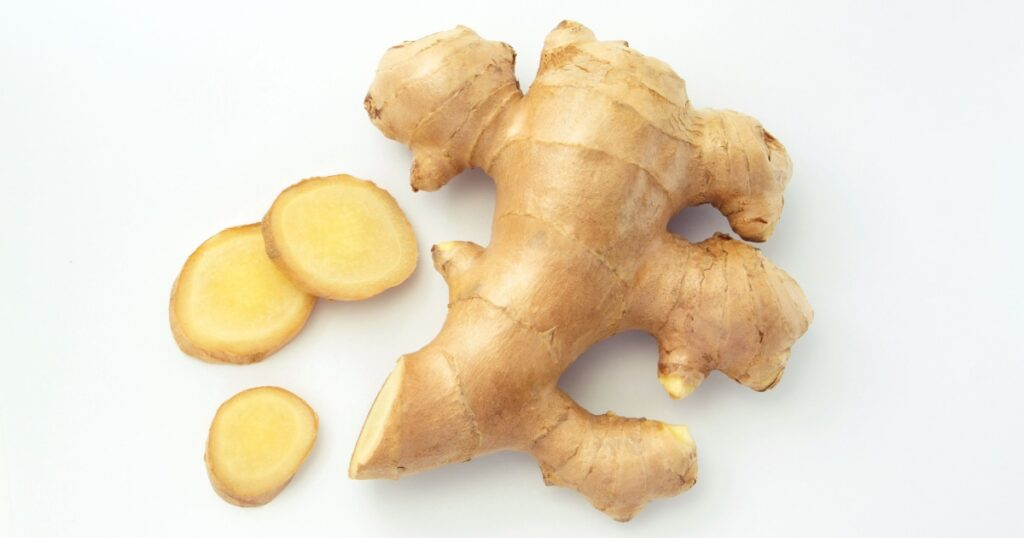
Ginger has incredible anti-inflammatory and anti-oxidative effects. Ginger contains heart-protective compounds like shogaols and gingerols, which can effectively prevent plaque buildup by reducing total cholesterol. According to a study published in the Journal of Nutrition in 2000, researchers found that ginger extract could reduce aortic atherosclerotic lesion areas, cholesterol and triglycerides in the blood, LDL-linked fat peroxides, and LDL aggregation.
4. Cayenne pepper
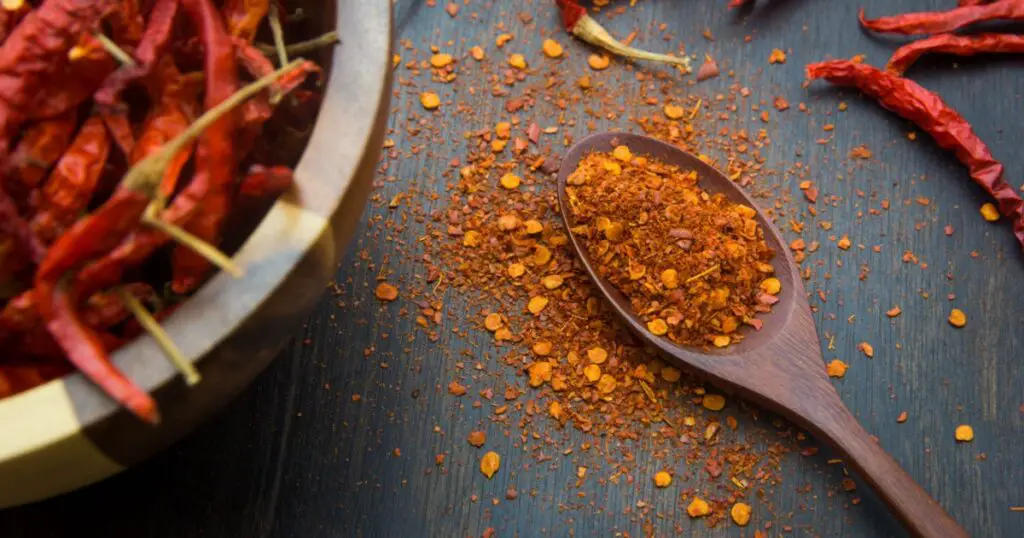
Something spicy can also help support your arteries. The compound capsaicin found in cayenne pepper can help reduce LDL cholesterol in the blood. Cayenne pepper can also lower your risk of stroke and heart attack, and improve blood circulation.
Also, highly active antiretroviral therapy (HAART) with HIV protease inhibitor ritonavir is associated with accelerating atherosclerosis and pulmonary artery hypertension. A study published in 2009 found that capsaicin could help prevent pulmonary and vascular complications associated with HAART drugs.
5. Lemon
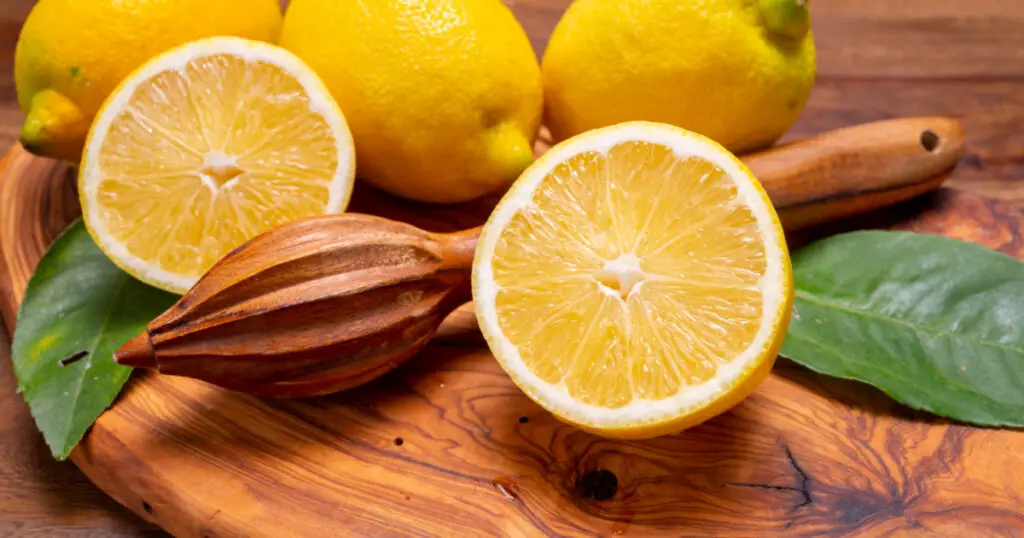
Adding lemon juice to your morning water is a healthy habit and good for your heart. Lemon is known to reduce blood cholesterol levels, and it helps the arteries by preventing oxidative damage. Lemons are also a great source of the potent antioxidant vitamin C. High doses of vitamin C have been found to strengthen arteries, reduce total cholesterol, increase high-density lipoprotein (HDL), inhibit platelet aggregation, and reduce inflammation.
6. Cinnamon
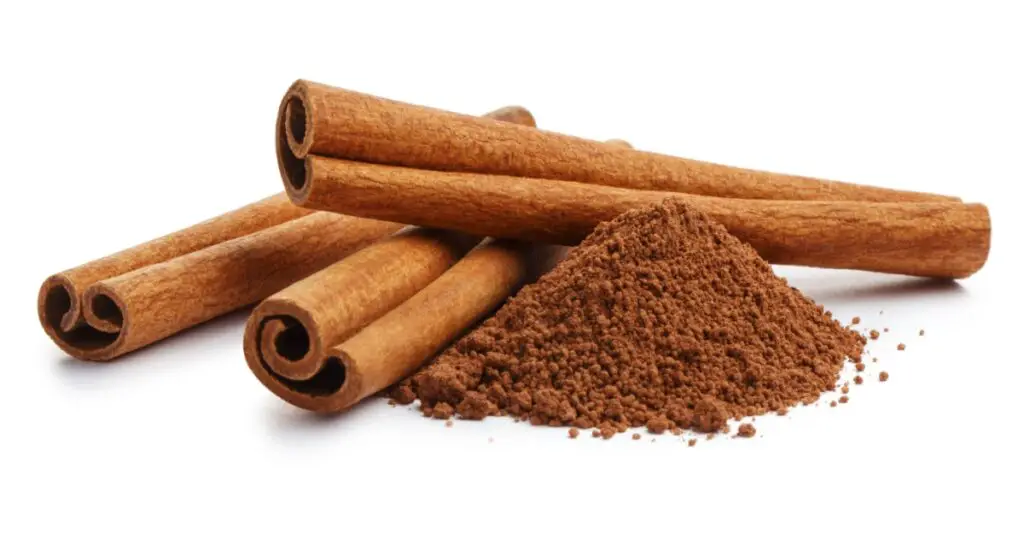
Cinnamon can help reduce many risk factors associated with atherosclerosis and heart disease. A 2003 study published in the journal Diabetes Care in 2003 found that either one gram, three grams, or six grams of cinnamon daily can lower glucose, triglycerides, LDL cholesterol, and total cholesterol in type 2 diabetics. The study observed 60 diabetics for a 40-day period. Researchers concluded that cinnamon can help reduce the risk factors of cardiovascular disease.
7. Ground flaxseed
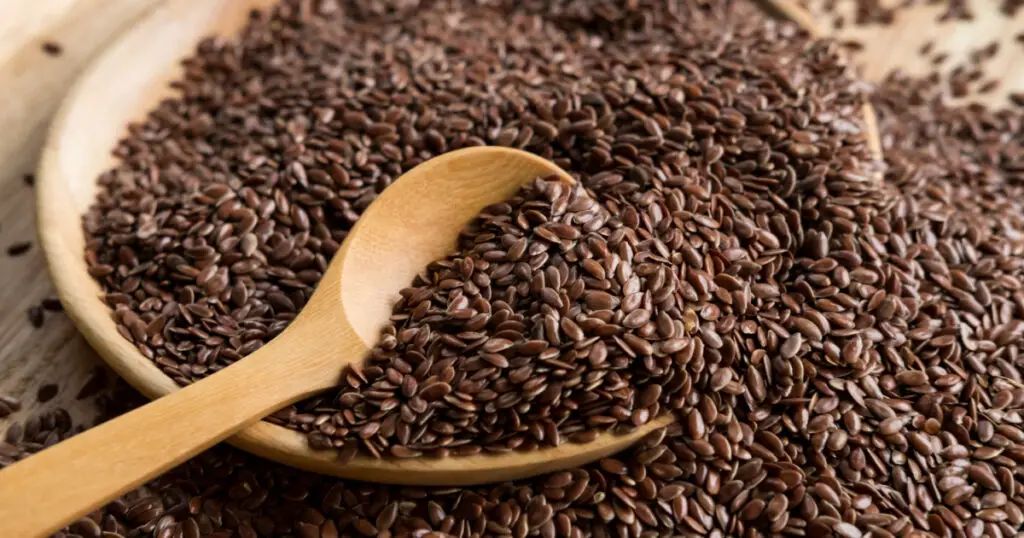
Flaxseed is another important food for heart health. Ground flaxseed can help support healthy arteries with high fiber. It is also a good source of alpha-linolenic acid, an omega-3 acid that can lower inflammation and blood pressure. In turn, arteries will not become clogged. In a 1997 study published in the journal Atherosclerosis, researchers found that flaxseed lowered the development of aortic atherosclerosis by 46% in rabbits.
Researchers concluded that modest flaxseed supplementation is an effective treatment for reducing hypercholesterolemic atherosclerosis. Also, it is a good idea to grind your flaxseed. They contain greater amounts of omega-3. On the other hand, the polyunsaturated fats in pre-ground flaxseeds will break down over longer exposure to oxygen, and it can become rancid.
8. Fermented cabbage
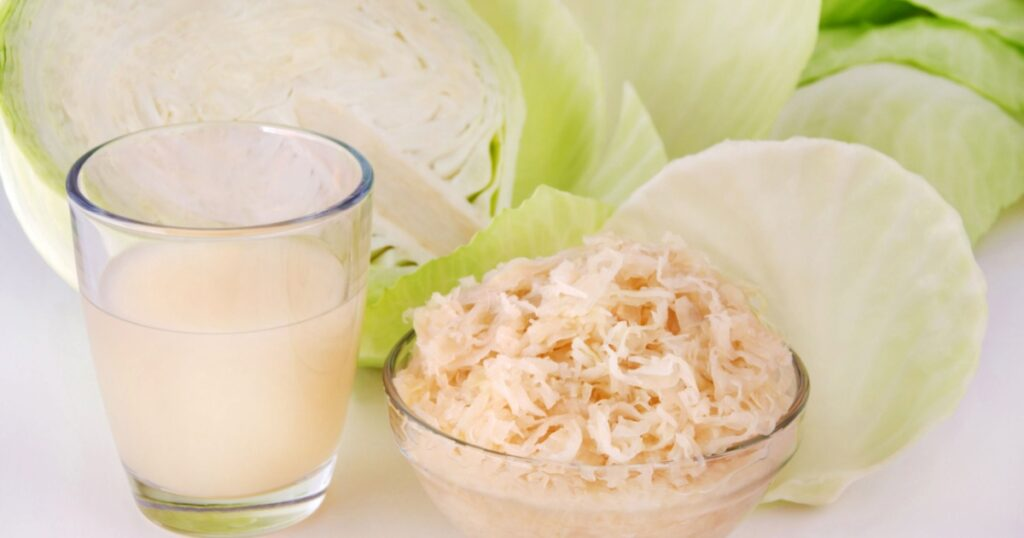
Kimchi is a popular probiotic Korean recipe that includes fermented cabbage and hot peppers that has been found to slow the atherosclerotic process. A 2007 study published in the Journal of Agricultural and Food Chemistry found that an active compound in kimchi called 3-94-hydroxy-3,5-dimethoxyphenyl can help prevent the development of aortic atherosclerosis in high-cholesterol-fed rabbits.[18] Fermented cabbage has also been found to degrade toxic chemicals, including bisphenol A and the insecticide chlorpyrifos.
9. Sesame seed
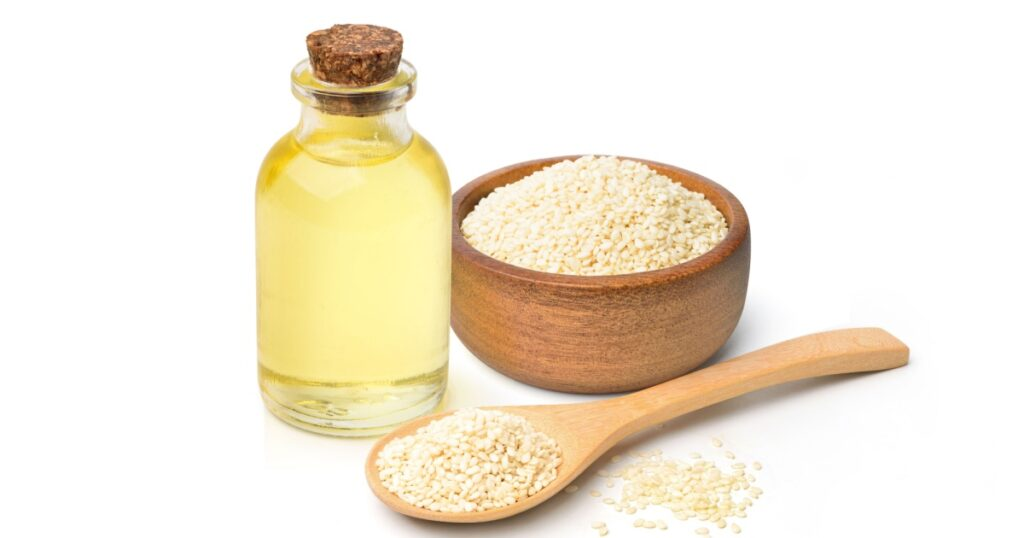
Sesame seeds can help prevent a blocked artery. Evidence shows that they can help prevent the progression of atherosclerosis. A three-month animal study published in the Journal of Medicinal Food in 2006 suggests that the fatty acid content in sesame oil could effectively inhibit atherosclerosis lesion formation, blood cholesterol, triglycerides, and LDL cholesterol levels in mice.
10. Pomegranate juice
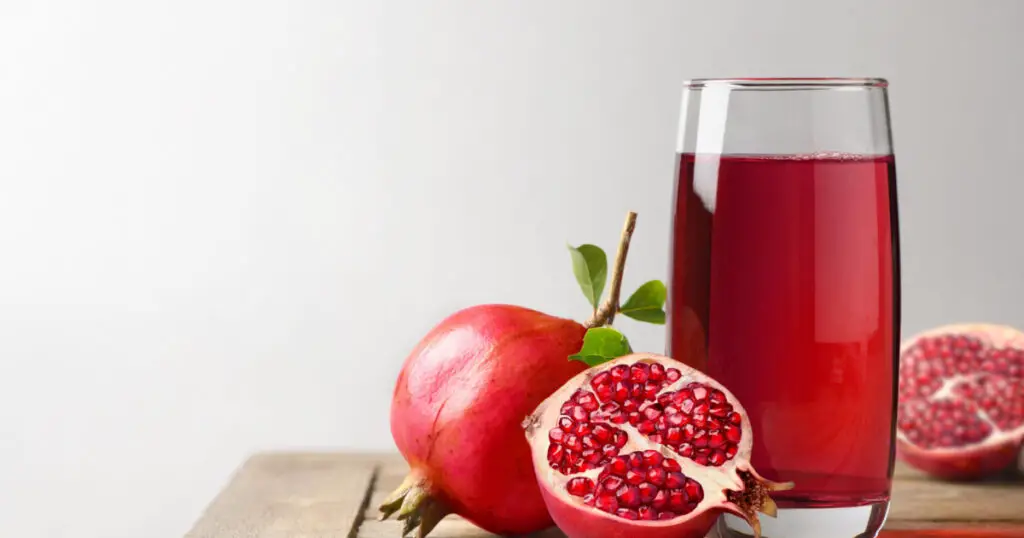
The high antioxidant content and punicic acid in pomegranate juice are thought to help decrease plaque formation and fight atherosclerosis. Pomegranate juice also contains important nutrients for heart health, such as magnesium and selenium.
In a randomized, double-blind, parallel study published in the American Journal of Cardiology in 2009, researchers found that drinking 240 milliliters (ml) of pomegranate juice daily for up to 18 months slowed the progression of carotid artery disease for patients at risk of coronary health disease.
Other Natural Remedies for Clogged Arteries
Other foods that help prevent clogged arteries include asparagus, avocado, broccoli, chia seeds, fenugreek seeds, and coconut oil. Dietary supplements and nutrients that can help with atherosclerosis include methyl donators like vitamin B6, choline, folic acid, and vitamin B12, as well as antioxidants, such as vitamin C, vitamin E, lutein, zeaxanthin, grape seed extract, and pine bark extract.
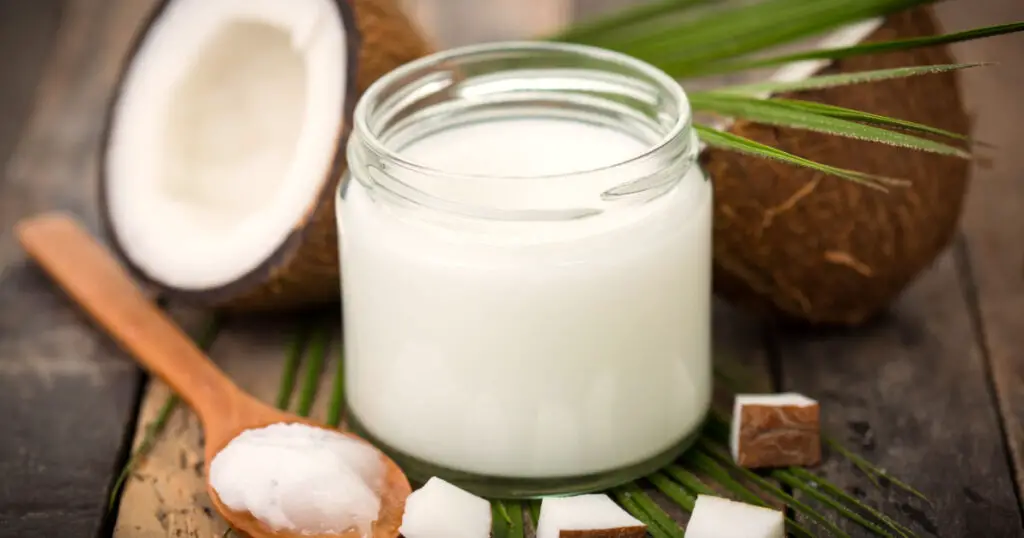
Other important nutrients include L-arginine, vitamin D, vitamin B3, fish oils, and coenzyme Q10 (CoQ10). Other supplements include magnesium, selenium, resveratrol, copper, chromium, and trimethylglycine. Finally, exercise is considered just as important as dieting for cardiovascular health.
Exercises that reduce stress are important, including meditation, yoga, tai chi, and qigong. Aerobic exercises, gardening, walking, or running can also help combat atherosclerosis. Exercise for about 30 minutes daily for five days a week.
Disclaimer: Specifically, anyone on blood thinners needs to consult their physician before taking additional blood thinning dietary factors. This information is not intended to be a substitute for professional medical advice, diagnosis or treatment and is for information only.
Always seek the advice of your physician or another qualified health provider with any questions about your medical condition and/or current medication. Do not disregard professional medical advice or delay seeking advice or treatment because of something you have read here.



